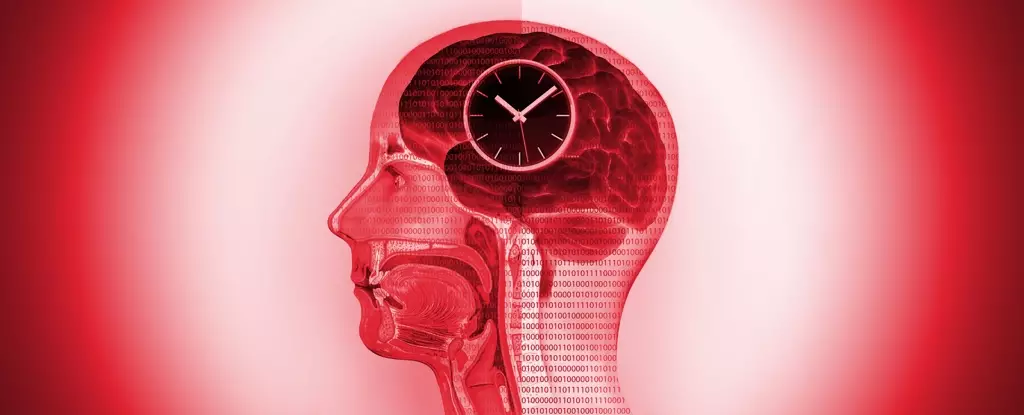In the ongoing battle against obesity, innovative strategies are crucial for effective management and prevention. Intermittent calorie restriction (ICR) has emerged as a promising method, not merely for weight loss but for its profound effects on both brain and gut health. Recent research from China shines a spotlight on a study involving 25 obese participants who engaged in a structured 62-day ICR regimen. This approach combined periods of caloric restriction with days of normal eating to facilitate weight loss while stirring curiosity about its long-term implications on mental and physical health.
The results were striking: participants shed an impressive 7.6 kilograms (about 16.8 pounds), equating to roughly 7.8 percent of their body weight. More importantly, the study unveiled significant neural adaptations alongside alterations in gut microbiota. These findings present a dual mechanism through which ICR could offer relief to the rising obesity crisis, as well as insights into how our internal systems might help one another in managing weight.
The Gut-Brain Axis: A Complex Relationship
The intricate relationship between the gut and the brain, often referred to as the gut-brain axis, has gained attention, especially regarding how our microbiomes influence our psychological states and behaviors. The research indicates that changes in gut bacteria not only reflect but potentially modulate brain function, particularly in regions associated with appetite control and impulsivity.
The research team, led by health researcher Qiang Zeng, posited that the shifts observed in brain activity—especially in the inferior frontal orbital gyrus—might correlate directly with gut microbiome changes. For instance, two-thirds of the gut bacteria populations studied demonstrated negative correlations with activity in this specific brain region, which plays a pivotal role in executive function and behavioral control. This highlights a fascinating dynamic: as participants engaged in caloric restriction, their gut microbiota evolved significantly, potentially enhancing their ability to manage impulse control over food choices.
Neurotransmitters: The Link Between Gut and Brain
Further analysis revealed that gut bacteria might communicate with the brain by producing neurotransmitters and neurotoxins that traverse through neural pathways and bloodstream. This bio-communication could explain the behavioral changes observed in participants during the weight loss phase of the study. Medical scientist Xiaoning Wang emphasized the two-directional nature of this communication; the brain appears to govern eating behaviors while the nutrients consumed modulate the gut’s microbial composition.
Given this relationship, it is conceivable that strategies aimed at modifying the diet—in tandem with conscious eating practices—could lead to a shift in gut health that supports not just weight management, but mental well-being as well. Reinforcing the notion that our body’s systems are interdependent opens the door for broader dietary approaches that prioritize whole, nutrient-rich foods and mindful eating as integral to a balanced lifestyle.
Next Steps in Research: Understanding Mechanisms
Despite these groundbreaking findings, critical questions linger regarding the precise mechanisms driving the changes between the gut and brain during ICR. Biomedical scientist Liming Wang pointed to the necessity for further exploration into how this communication occurs, particularly in obese individuals and during periods of weight loss. Understanding these pathways could usher in novel interventions, incorporating probiotics or dietary modifications tailored specifically for individuals battling obesity.
The burgeoning field of gut microbiome research holds promise for transforming our understanding of health and nutrition. This study highlights how ICR does not merely function as a temporary dietary fix; rather, it serves as a catalyst for deeper physiological transformations. As researchers delve deeper into the intricacies of our internal systems, the potential for developing sophisticated interventions becomes increasingly viable, paving the way toward more sustainable, health-centered approaches to obesity.
The implications of this research stretch beyond just individual weight loss; they hint at a paradigm shift in how we approach dietary habits and holistic health. In a world where obesity is increasingly prevalent, understanding the complex interplay between our gut and brain could provide us with the keys to unlock better health outcomes for millions.

